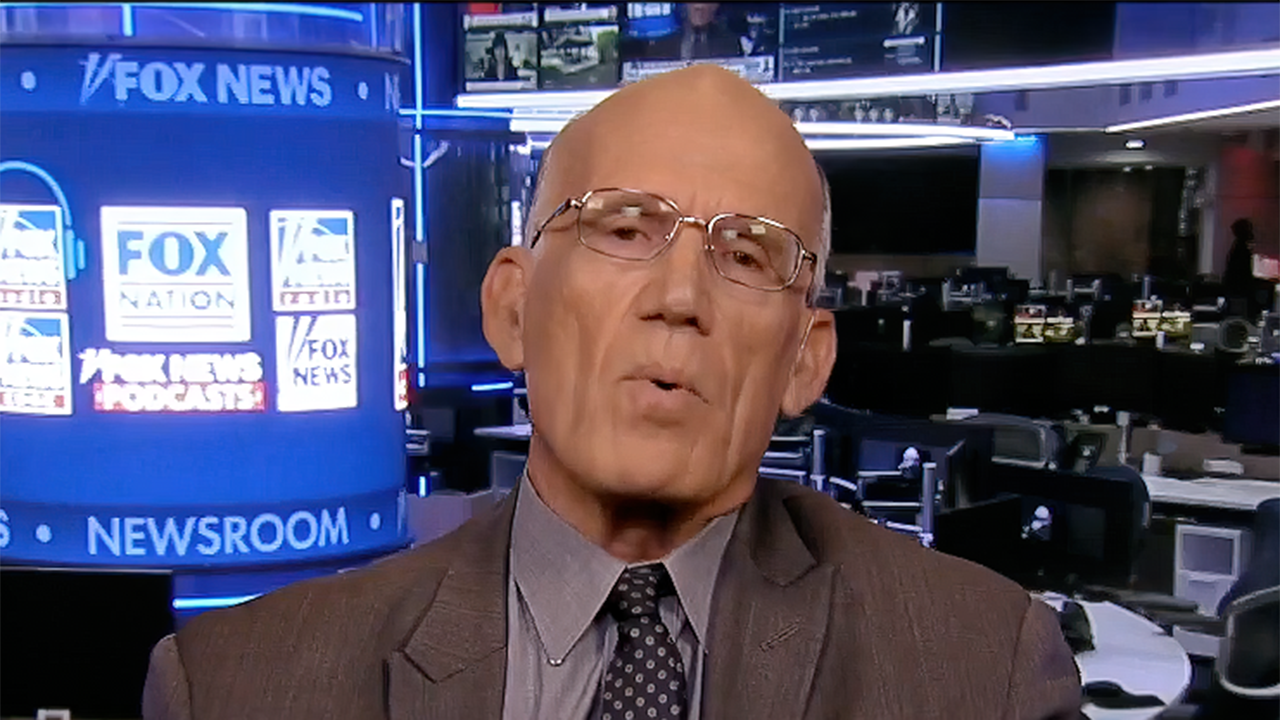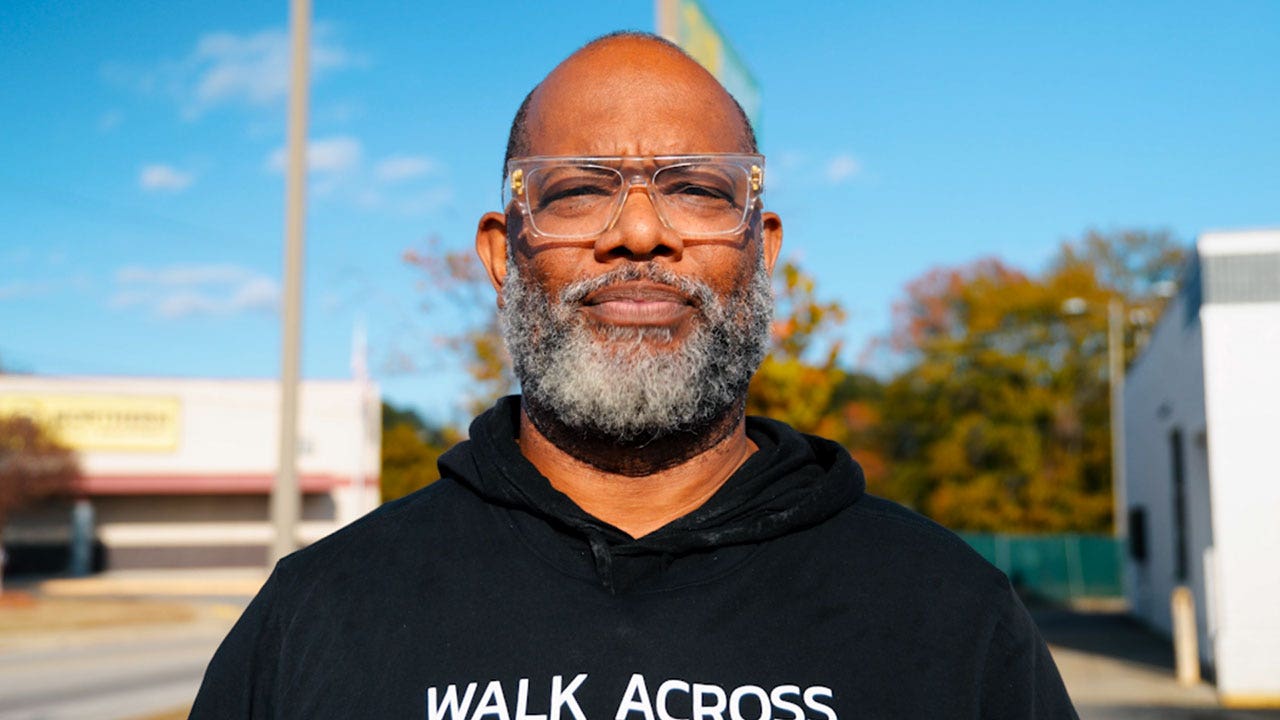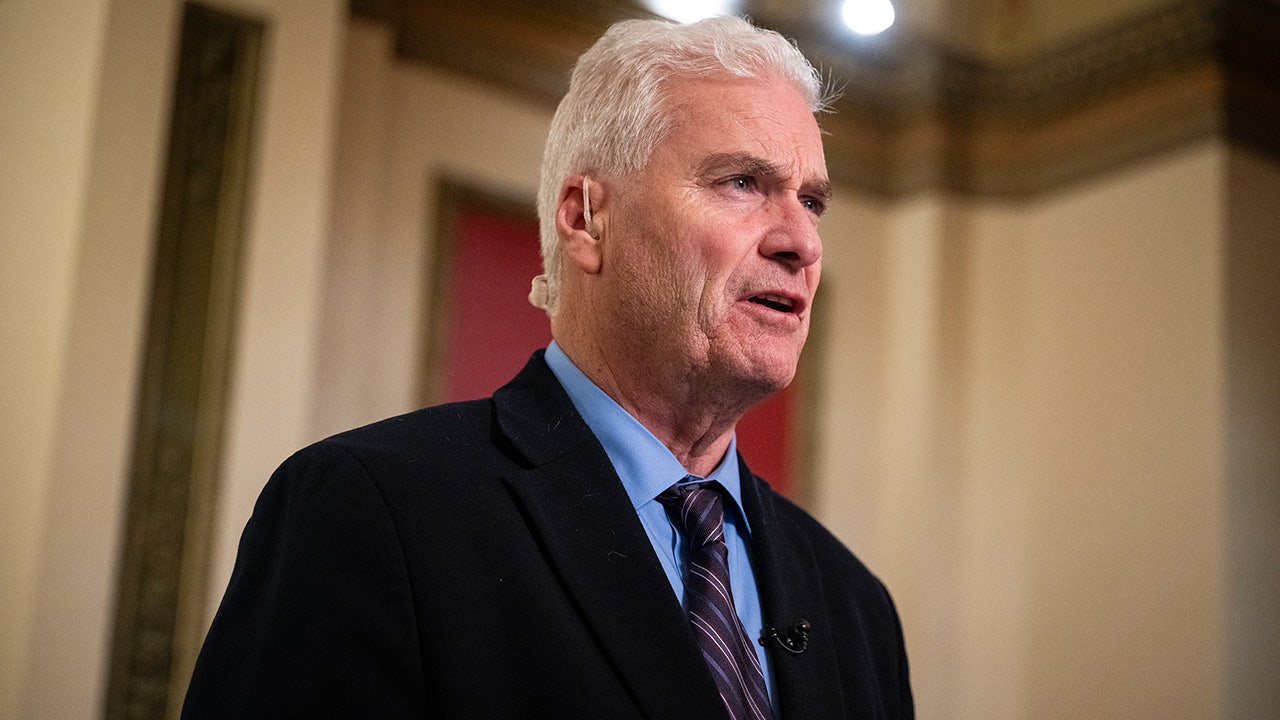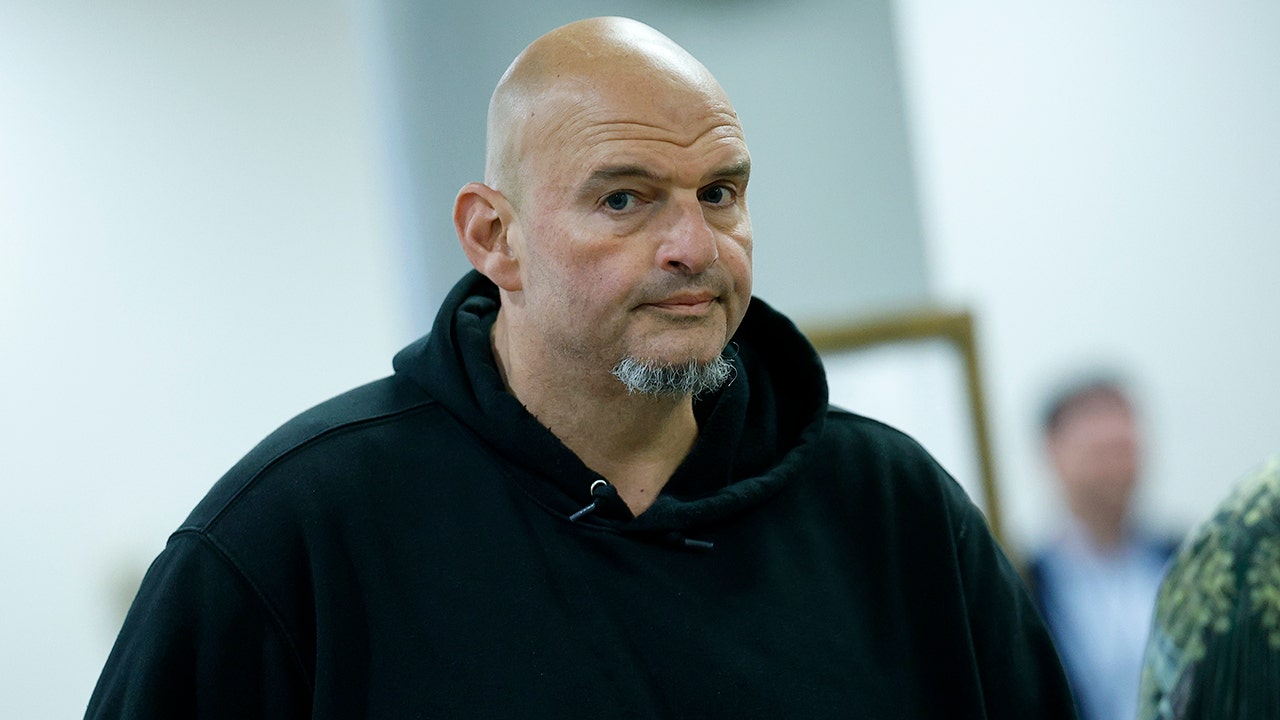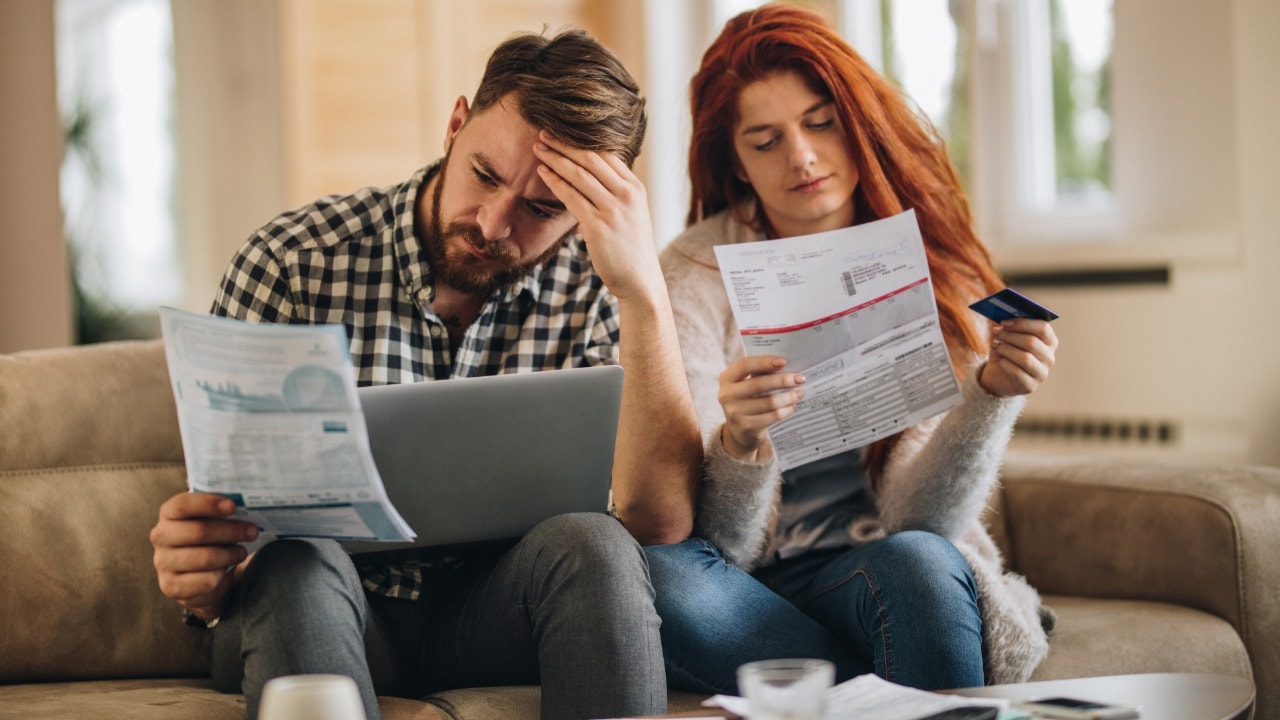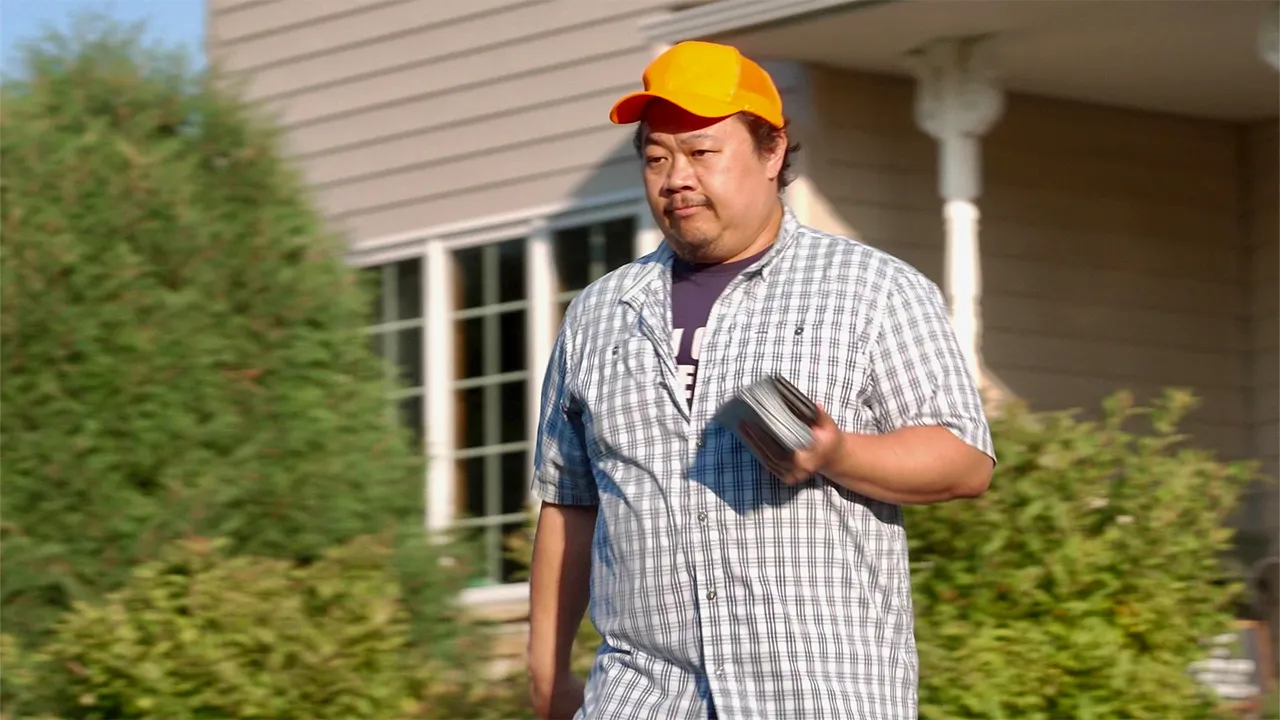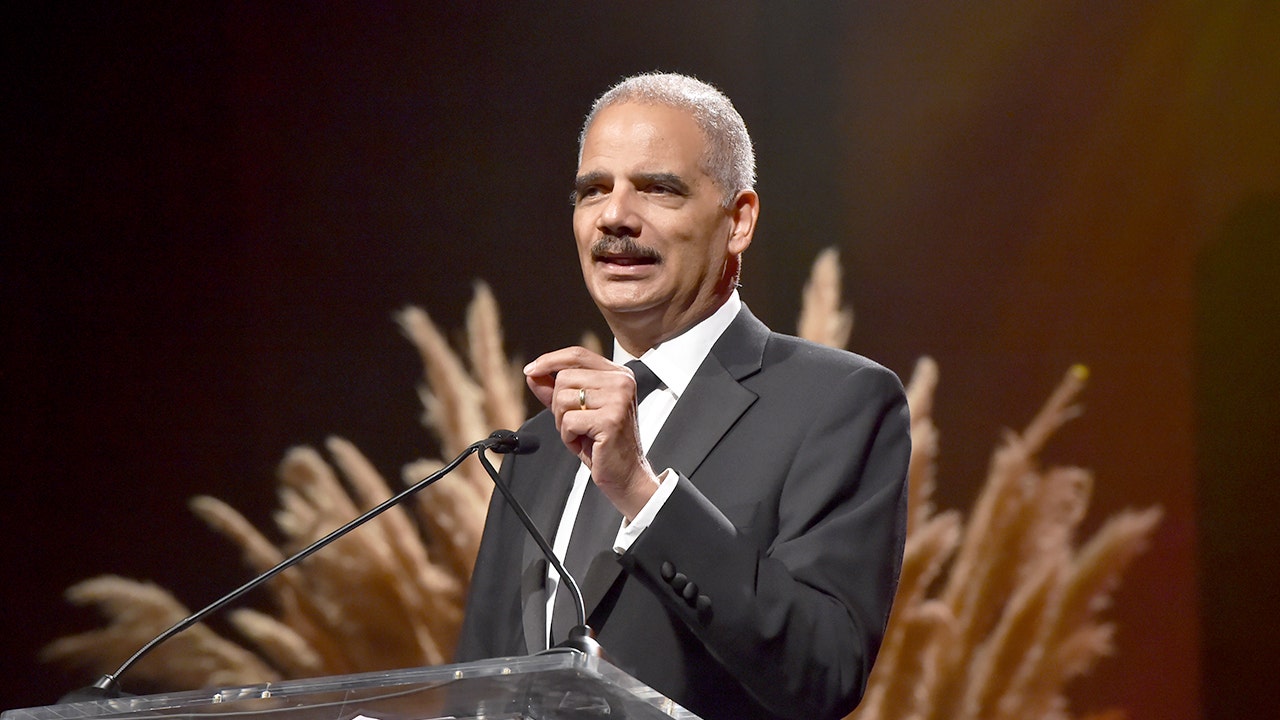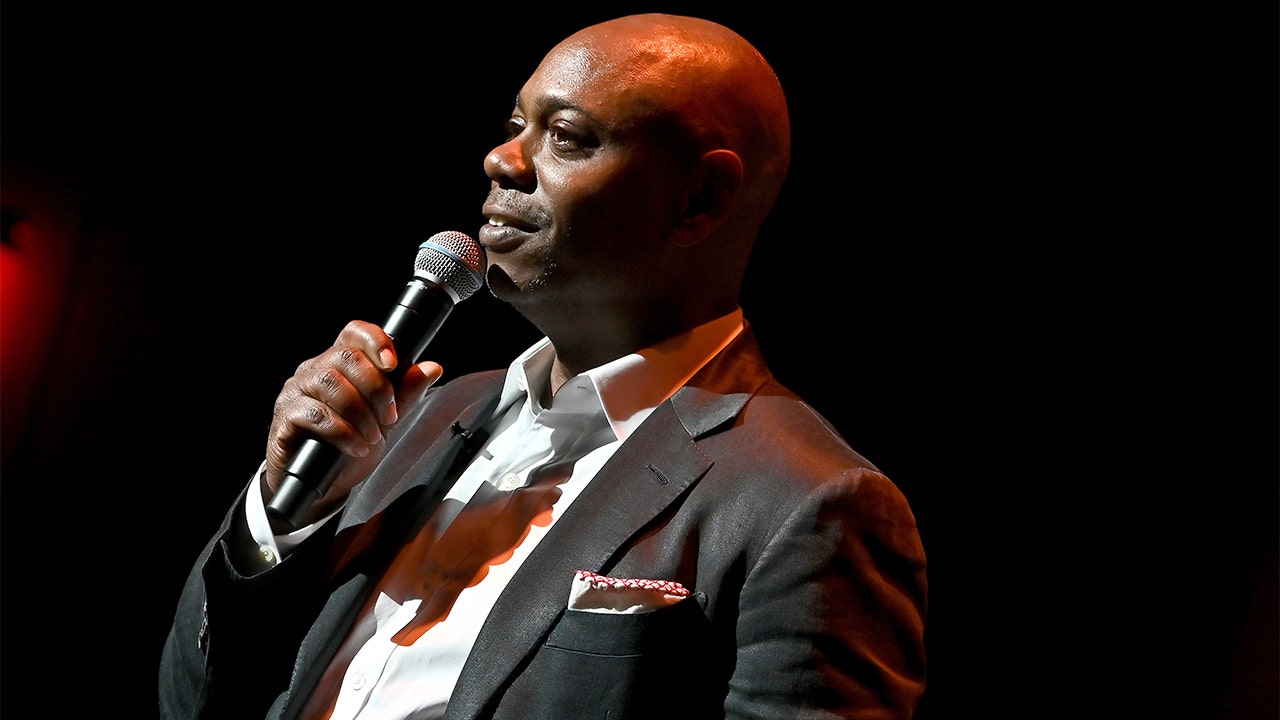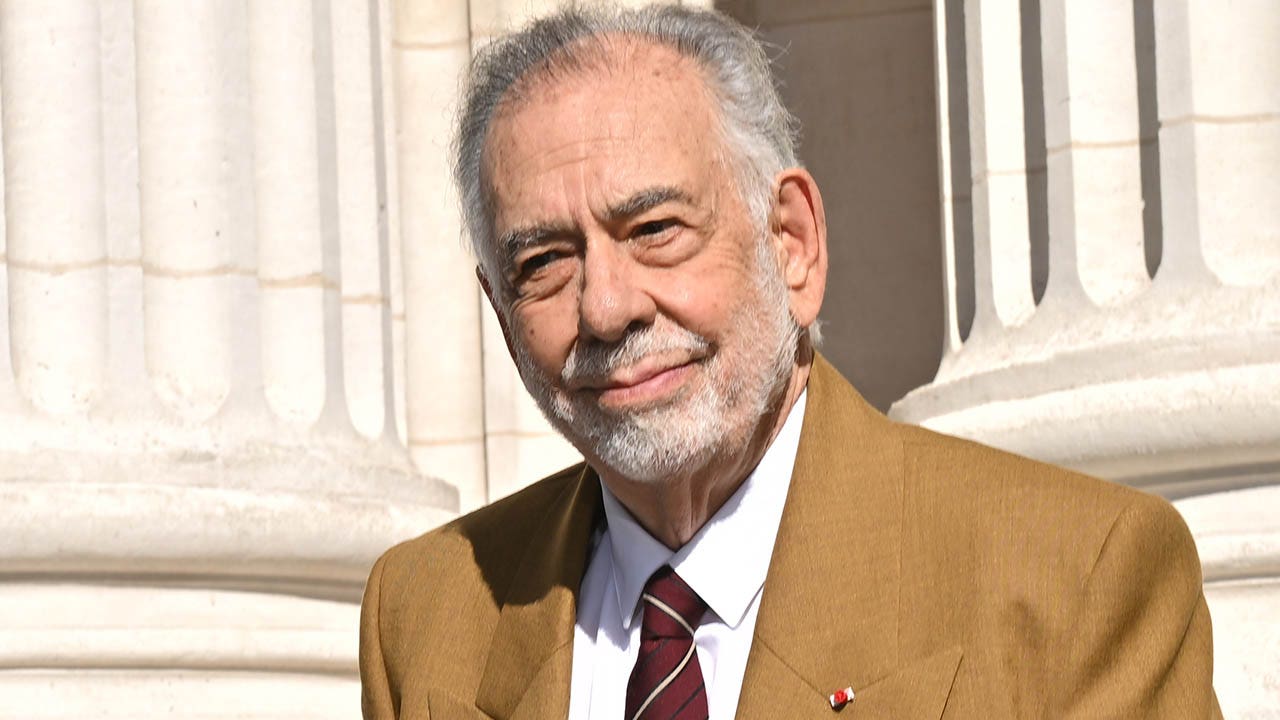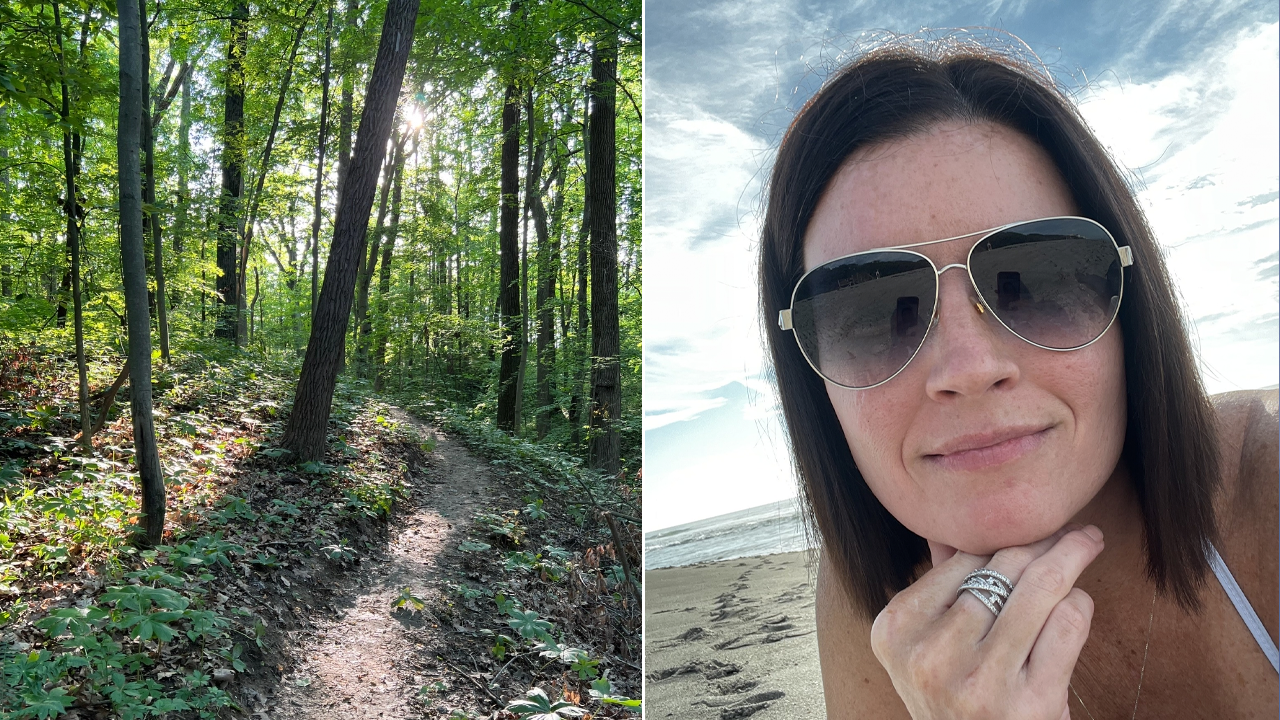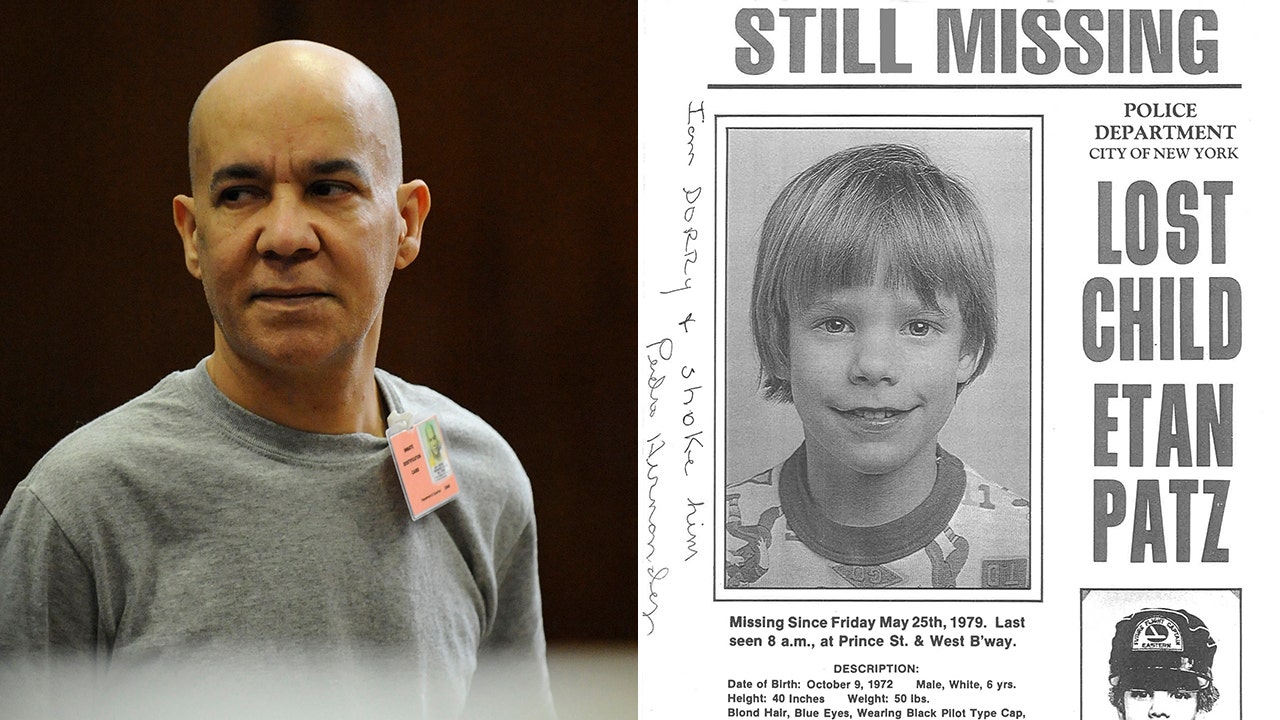NEWYou can now listen to Fox News articles!
Getting to bed at a certain time could help ensure a great night’s sleep.
In a TikTok video, Ontario-based naturopathic doctor Kara Petrunick (@doctorkara.nd) shared the "second wind" theory that occurs between the hours of 11 p.m. and 1 a.m.
"If you go to bed between 11 p.m. and 1 a.m., you are doing a disservice to your hormones," she said.
'SOCIAL SLEEP APNEA' COULD BE RUINING YOUR WEEKEND REST, STUDY SUGGESTS
"In the evening, cortisol should be at its absolute lowest, because it needs to allow melatonin to be at its highest to put you in a deep, restorative sleep. Cortisol and melatonin work opposite each other."
Staying up after 11 p.m. triggers an additional spike in cortisol, suppressing the release of melatonin, according to Petrunick.
"This spike will also cause a bout of hypoglycemia in the middle of the night, forcing you to wake up a few hours later," she said. "So, the optimal time to go to bed is 10:30, to prevent the second spike." She also recommends waking up around 6:30 a.m.
Dr. William Lu, medical director at Dreem Health in California, confirmed that the second-wind phenomenon is "real."
NEW HEALTH WARNING ISSUED OVER POPULAR SLEEP AID MILLIONS TAKE NIGHTLY
"The ‘second wind’ happens when your body’s circadian rhythm and homeostatic sleep pressure are out of sync," he told Fox News Digital.
"Even if you feel tired earlier in the evening, your body can temporarily become alert due to a natural surge in cortisol and core body temperature, often a few hours before your usual bedtime."
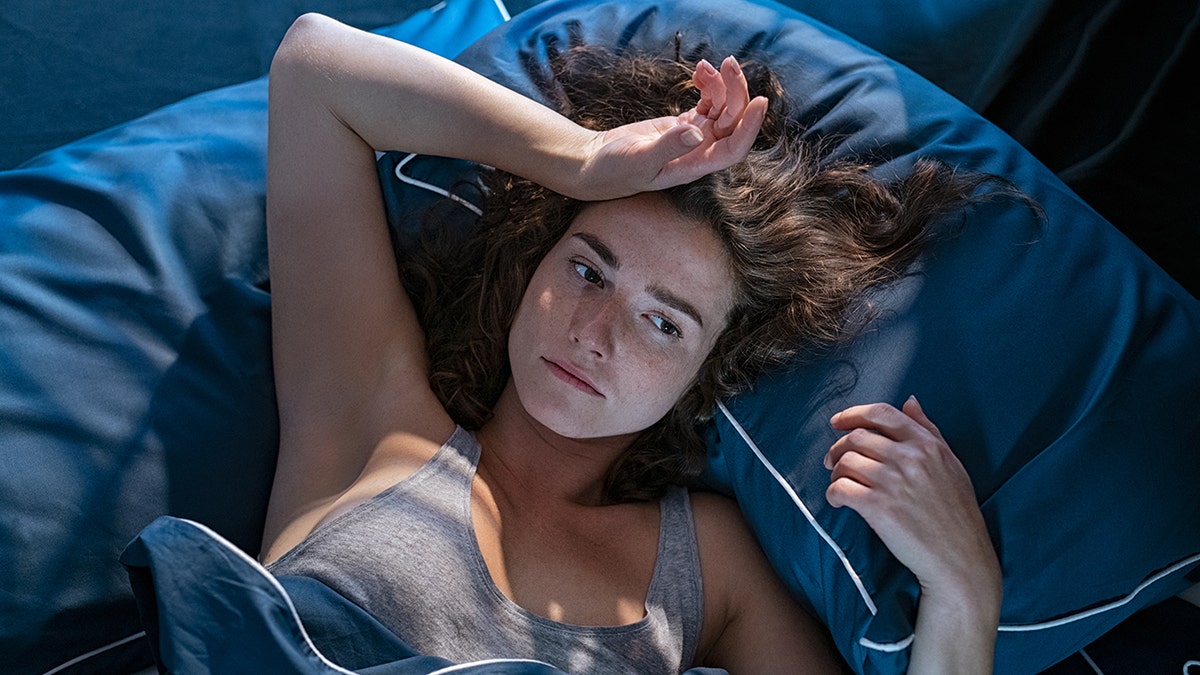
The "second wind" occurs when the body's circadian rhythm and homeostatic sleep pressure are "out of sync," one doctor said. (iStock)
This is more noticeable for people who stay up late or have irregular sleep schedules, Lu said.
CLICK HERE TO DOWNLOAD THE FOX NEWS APP
Keeping a consistent sleep schedule can help prevent this second burst of energy and foster a better night’s sleep, according to both experts.
Lu suggests going to bed and waking up at the same time every day, even on the weekends, to "align your circadian rhythm."
CLICK HERE TO SIGN UP FOR OUR HEALTH NEWSLETTER
The sleep expert also recommends avoiding late-night stimulants like caffeine, heavy meals and intense exercise too close to bedtime.
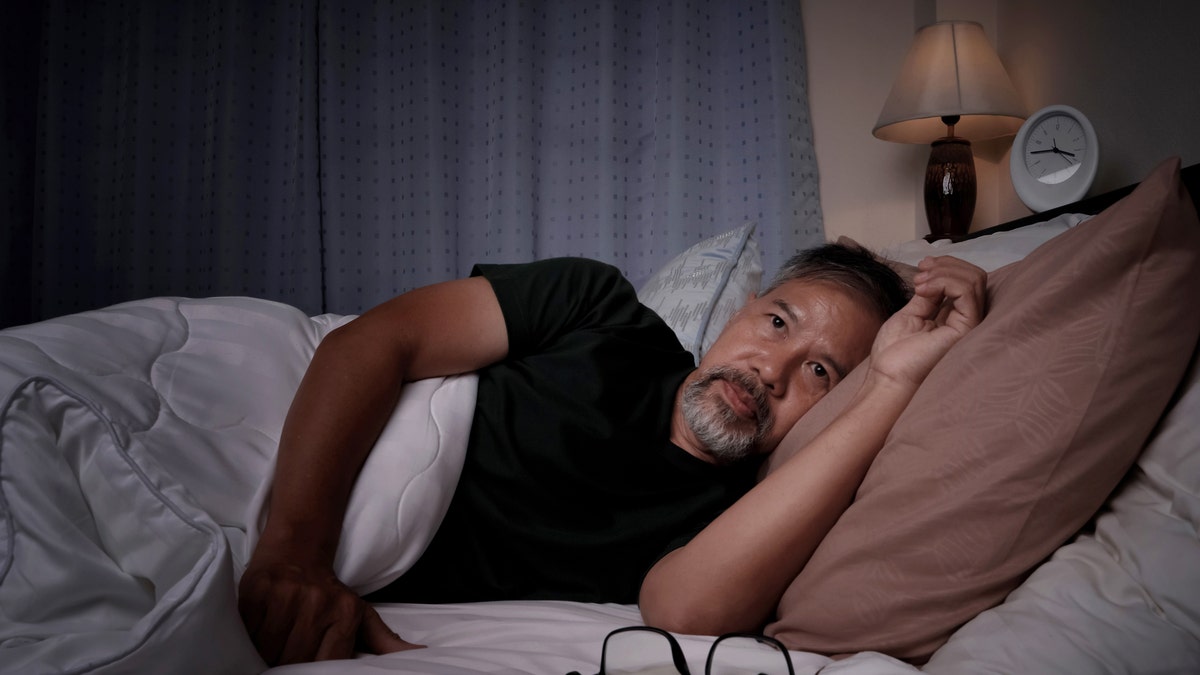
A sleep expert recommended avoiding late-night stimulants like caffeine, heavy meals and intense exercise too close to bedtime. (iStock)
Keeping the lights dim and limiting screen time can help induce sleepiness, as light exposure suppresses melatonin and can "shift your internal clock later," according to Lu.
TEST YOURSELF WITH OUR LATEST LIFESTYLE QUIZ
Engaging in a wind-down routine and calming activities like reading, meditation or light stretching about an hour to 90 minutes before bedtime can also help signal to the body that it’s time for sleep.

Avoid light exposure before bedtime to induce the production of melatonin, experts recommend. (iStock)
A consistent, appropriately timed bedtime is key to avoiding second winds and getting restorative sleep, which should align with your natural circadian rhythm, Lu advised.
CLICK HERE FOR MORE HEALTH STORIES
"The best time to go to bed to avoid the second wind is one that matches your body’s melatonin surge, promoting faster sleep onset," he said.
"This avoids the late-night alertness spike … and supports restorative deep sleep in the first half of the night, [which is] critical for cardiovascular, metabolic and cognitive health."
Angelica Stabile is a lifestyle reporter for Fox News Digital.

